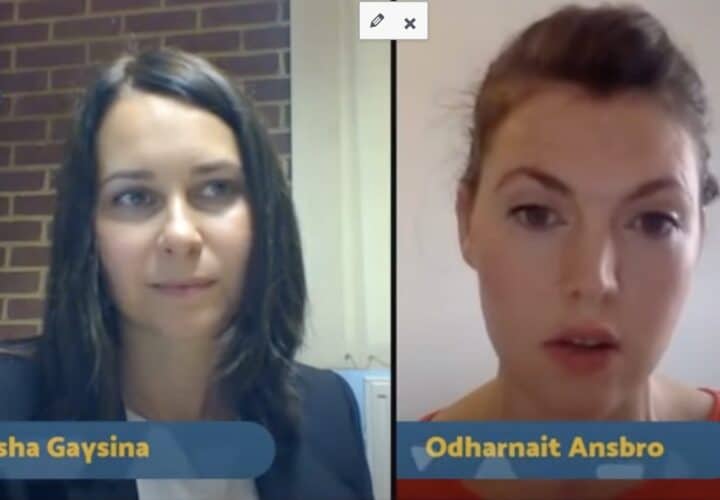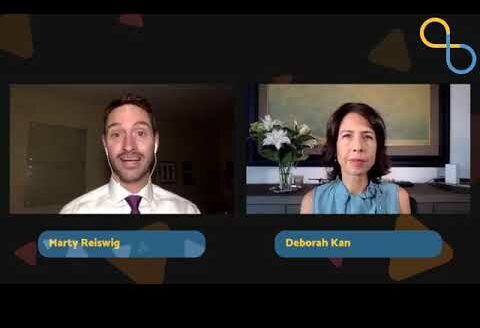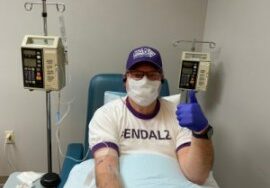Hundreds of thousands of people die each year from Alzheimer’s. Unfortunately very little is publicly known about them. Typically only their friends and loved ones have any memories about the lives they led.
At times, though, an individual’s death from Alzheimer’s makes news. People like President Ronald Reagan, Rita Hayworth, Rosa Parks and Charlton Heston. All told, Wikipedia identifies about 760 notable people who have passed from Alzheimer’s or another neurodegenerative disorder.
Recently another new name was added to the list.
Longtime Philadelphia Inquirer sports columnist Bill Lyon died from Alzheimer’s after decades of elegantly writing about sports and, most painfully, a few years of chronicling his battle with Alzheimer’s, which he nicknamed “Al” (his other moniker of choice for the disease was “That Rat Bastard”).
I can’t pretend that I have ever written as eloquently as Bill Lyon. My journalism career was less than a decade long; his lasted for more than 30 years. The Pulitzer Prize committee never had reason to take notice of me; Lyon was nominated for journalism’s top prize nine times. He was recognized many times by his fellow journalists and by the sports world at large.
What I do share with Bill, however, is the fact that “Al” has also planted itself in my brain, and I too have a deep and somewhat desperate need to write about my journey.
Three and a half years ago, I received word that I was suffering from mild cognitive impairment and that my brain is beginning to fill with the proteins and tangles that typically lead to the development of full-blown Alzheimer’s.
I’m at the earliest stages of Alzheimer’s and even now I sometimes struggle to find the words to capture the many challenges I face. Some days I sit looking at a blank screen, wrestling even at this early stage to adequately describe my emotions as Al continues its slow march that will inevitably steal my ability to think, to remember, to move and, ultimately, to breath.
Although Lyon said he struggled to write about Al, you would never know from his powerful essays, which the Inquirer editors thoughtfully gathered into a full collection that you can find here. Anyone dealing with this disease must read them.
One that particularly speaks to me was actually his first, which was published in June 2016, only a month before I learned of my illness and diagnosis. In that essay, Lyon writes of receiving his diagnosis in 2013 from the doctors at the Penn Memory Center, where I too am a patient.
In writing about the minutes after he received his diagnosis, Lyon says that he immediately knew he had to fight:
“So what do you want to do? the man in the white lab coat asked.
I should very much like to kick Al’s ass, I said.”
I wish I could say that I remember receiving solace from that first column. I’m sure I read it. I was consuming everything I could find about Alzheimer’s back then, desperately seeking answers to unanswerable questions. But much from that time is lost in the fog of my impaired memory.
I wonder now if it was Lyon who lit my urgent need to write about Alzheimer’s. Or perhaps he sparked my ongoing fight against Alzheimer’s, a fight that has so far included serving on a national early stage advisory committee for the Alzheimer’s Association and currently sitting on the board of the Association’s Delaware Valley chapter.
I unfortunately never met Bill Lyon. But his columns now tell me that he had a remarkable inner strength. From his immediate desire to kick Al’s butt to his declaration that “we don’t concede an inch to Al,” Lyon urged those living with a diagnosis and their care partners to “defy him at every turn.”
“Fight dirty,” he said. “Loose the dogs. No mercy. Resist. And persist. And never, ever, ever give in.”
Jason Karlawish, the previously mentioned “man in the white lab coat” who is co-director of the Penn Memory Center, said that Lyon fought on “to change the culture, to challenge the norm that we avoid people with Alzheimer’s, a norm that makes the person with the disease feel ashamed and so hide from others and so feel more shame.”
“Bill’s essays aren’t just about living with Alzheimer’s,” Dr. Karlawish added. “They’re about living with life’s burdens.”
I too hope that my essays here on Being Patient and in the New York Times, the Philadelphia Inquirer and other outlets will, as Lyon wrote, “be cathartic and perhaps be of some help to anyone else who’s going down this same long and winding road.”
Lyon urged his readers to “gang up on Al.” Couldn’t have said it better myself. Thank you, Bill Lyon, for carving yet another path. And rest well. You’ve most definitely earned it.
Phil Gutis is a former New York Times reporter and current Being Patient contributor who was diagnosed with early onset Alzheimer’s. This article is part of the Phil’s Journal series chronicling his experience living with Alzheimer’s.






My mom also “resisted and persisted” within the confines of Alzheimer’s, even though she didn’t consistently know (or really couldn’t accept) that she had Alzheimer’s, (diagnosed at 87). I think that moxy, that “chutzpah,” helped her. I once told her that a friend’s father had been diagnosed with Alzheimer’s, (when my mom had had it for about 2 years), and my mom said, “I’d rally against it,” (and she did). Even with the disease, you can still have many good days, as I pointed out in a book that I wrote, chronically our trials and travails dealing with it: “My Mother Has Alzheimer’s and My Dog Has Tapeworms: A Caregiver’s Tale.” The title comes from when I was driving home from work one day, and I realized that this slightly broad broad’s once broad life was reduced to the pressing health concerns of my mom and dog. As Mr. Lyon said, “Loose the dogs,” (to fight the disease).
My sister in law has Alzheimer’s which was first noticed about ten years ago and is still living at home but in advanced stages and my brother is looking after her.